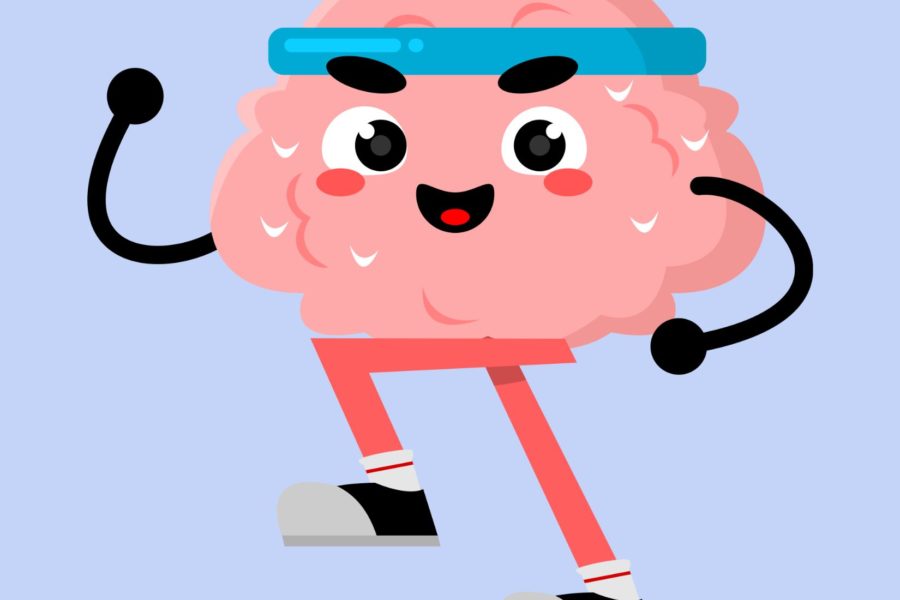Last weeks blog post was on staying fit. Most of us know the benefits of playing a sport; physical fitness, social development, teamwork, problem-solving, self-esteem boost, better academics, mental development, and more. As much as I love sports and believe in them, there is a downside as well. As student-athletes, and parents of student-athletes, we are often keyed into physical fitness and nutrition, but often neglect mental fitness.
Student-athletes represent a unique and demanding culture. The pressures and demands on student-athletes can be great. Between practices, competitions, travel, academics, conditioning, and rehab, student-athletes face a demanding schedule. Social interactions and relationships, both in the home and outside of the home, often take a back seat to the commitment of the student-athletes education and sport. Couple all of the above with the pressure to win, to perform: to execute. And the losses? Well, those are often questioned and criticized, not only privately, but publicly as well. It’s no wonder playing a sport wears on a student-athlete mentally.
That is why it is important, as student-athletes, and parent(s) of these athletes to know the warning signs that indicate there is something wrong. Signs that your mental health may be suffering are,
* Changes in your sleep pattern
* Not eating well or eating at all
* Mood swings
* Sleeping more than normal
* Unexplainable anger
* Unexplainable underperformance in his/her sport
* Lack of interest in things once enjoyed
* Social isolation
* Rapid weight gain or loss
* Feelings of apathy or hopelessness
* Decline in academic performance
When you or a friend go through this, you may feel like there is no hope, but there is. Keep in mind that you are not alone. Talk to somebody… parent(s), coach, doctor, trainer, mentor, teacher, counselor, friend, or another family member. Your mental fitness is just as important as your physical fitness, so here are some strategies to keep you mentally fit,
* Talk to someone. This cannot be stressed enough!
* Pray/Meditate
* Reflect on what’s going right
* Healthy rest/sleep
* Take a step back from your sport. Re-evaluate your short-term objectives and long-term goals.
* Be flexible
* Manage stress (do something fun!!!)
* Healthy diet
* Avoid foods/substances that depletes the body and alters mood ~ caffeine, alcohol, over the counter medicine, prescription drugs (unless absolutely necessary), sugary snacks, to name a few.
* Other ~ what works for you
Being a mentally healthy student-athlete doesn’t mean never going through tough times or experiencing emotional problems. It doesn’t mean that you cannot become frustrated, angry, etc. That doesn’t just come with playing a sport: it comes with life, with living! The key is becoming as mentally fit, mentally resilient, as you are physically fit so that you can weather the difficult times.




Recent Comments